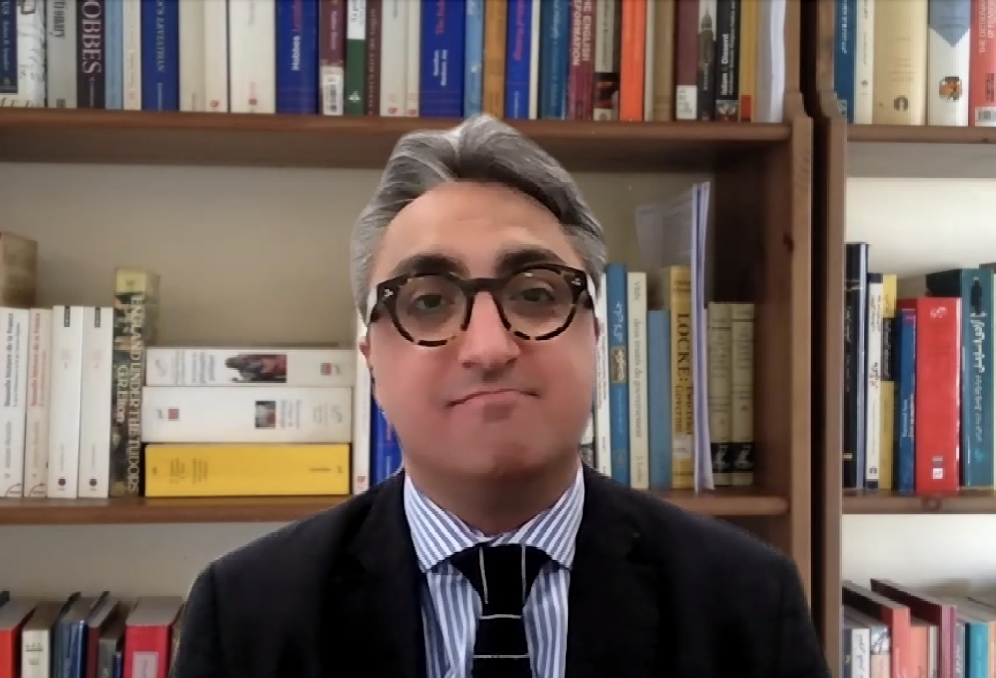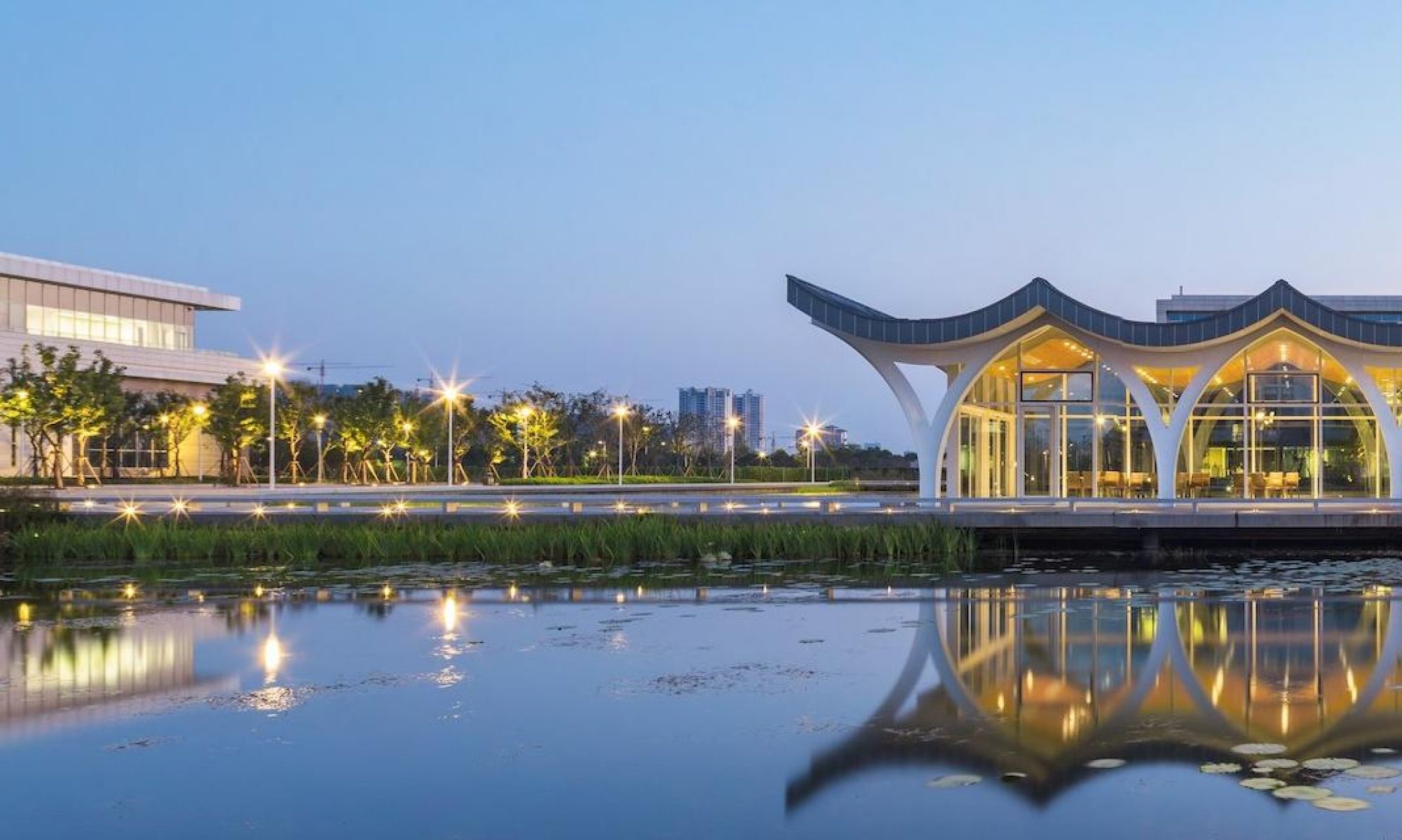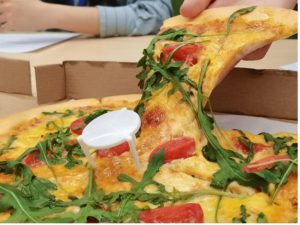By Hantian Zhang, Class of 2025
On April 30, 2022, Li Ruoyu and Chai Hua, students of Arts and Humanities at Duke Kunshan University, conceptualized and convened the workshop as a part of the one-day symposium “The Female Robot”. The purpose of the student working panel is to look back on the history of AI and look into its future.
Firstly, Chai Hua gave a presentation of her signature work that illustrated the ethical reflection on anthropomorphic artificial intelligence products. The research focused on two main questions. The first one was the reason why humans materialize and personify AI. The second question was ethical risks of AI products in private scenarios. When explaining the two questions, Chai provided the explicit description and logical analysis. In her conclusion, she advocated for further regulation in this realm. Next was the free discussion with audience, some questions of which were explained by Ruoyu in her following presentation.
The topic of Ruoyu’s presentation was the Glitch Art and human-machine relationship. To start with, she delivered a introduction of terms including Glitch and Glitch Art. Then she demonstrated the meaning of studying Glitch Art. In terms of Glitch Art and human-machine relationship, she provided models of logic and put forward with the primary argument. Glitch Art is a revolt against existing programs and gave back to humans the initiative that has gradually been taken by machines. For female robot, Glitch Art questioned systems and tended to eliminate duality of gender.
In the workshop, Li Ruoyu and Chai Hua provided profound illustration and critical thoughts, which greatly inspired audience to think more about the future of AI.



 Tony showing us the the preliminaries, which include downloading
Tony showing us the the preliminaries, which include downloading  We use artistic intervention on the glass architecture itself to create a colorful and warm barrier. In Spring 2021, we’ve “turn the cage into a bird” by hanging a mixture of twines and yarns to divide the outer area of the Water Pavilion into 5x10cm intervals, which could effectively create a friendly alert to the avian visitation.
We use artistic intervention on the glass architecture itself to create a colorful and warm barrier. In Spring 2021, we’ve “turn the cage into a bird” by hanging a mixture of twines and yarns to divide the outer area of the Water Pavilion into 5x10cm intervals, which could effectively create a friendly alert to the avian visitation.  The latent fluidity of the drooping yarns echoes the near-water position of the Water Pavilion, which might make the architecture and its natural surrounding a unity not by transparency but interference.
The latent fluidity of the drooping yarns echoes the near-water position of the Water Pavilion, which might make the architecture and its natural surrounding a unity not by transparency but interference.


 In response to current conflict in Ukraine, Professor Nathan Hauthaler delivered a Superdeep legal primer session on “Ukraine, Russia, & the Use of Force in International Law” on March 8th, 2022. Instead of political or philosophical aspects on the use of force, the session focused on legal layer concerning the current conflict in Ukraine. Given that quite a few students reached out on the current conflict in Ukraine, the purpose of the meeting was to provide the general background and legal context as far as it concerns the use of force in international law.
In response to current conflict in Ukraine, Professor Nathan Hauthaler delivered a Superdeep legal primer session on “Ukraine, Russia, & the Use of Force in International Law” on March 8th, 2022. Instead of political or philosophical aspects on the use of force, the session focused on legal layer concerning the current conflict in Ukraine. Given that quite a few students reached out on the current conflict in Ukraine, the purpose of the meeting was to provide the general background and legal context as far as it concerns the use of force in international law.